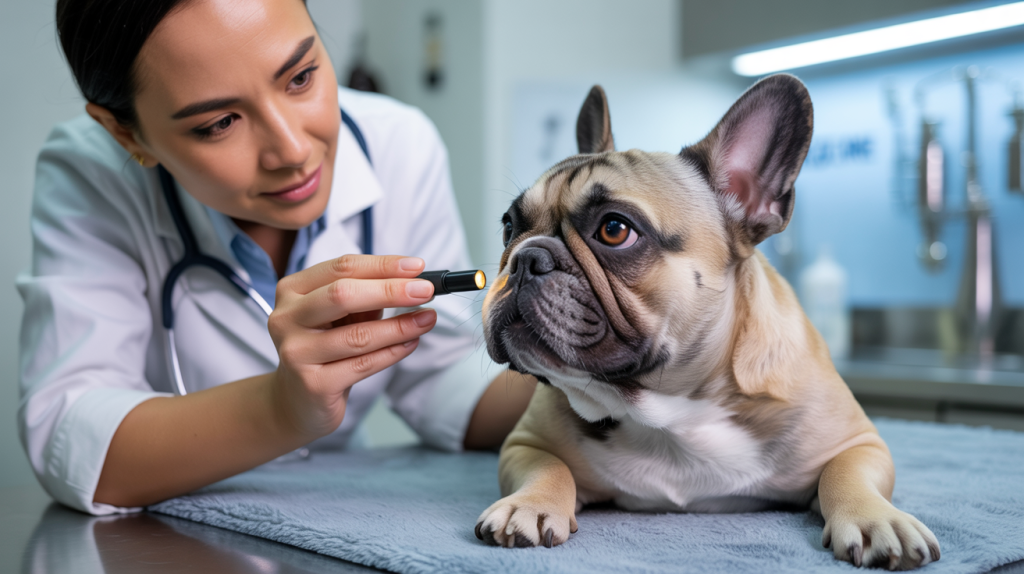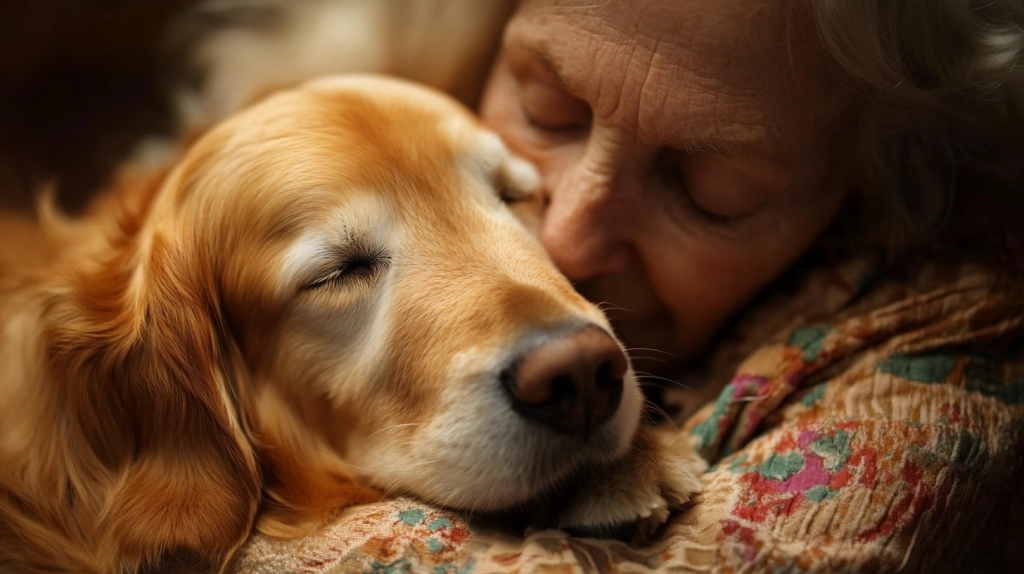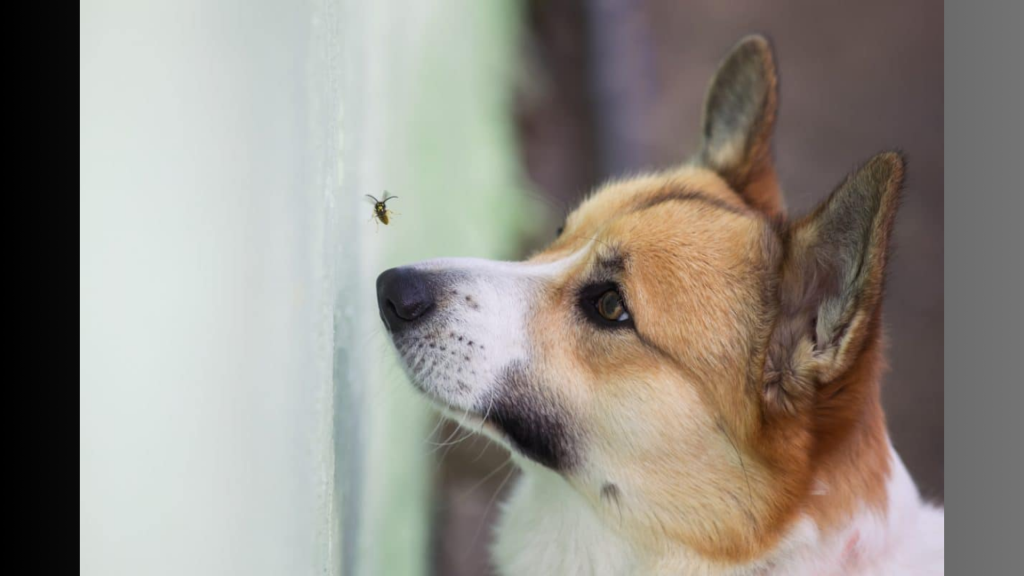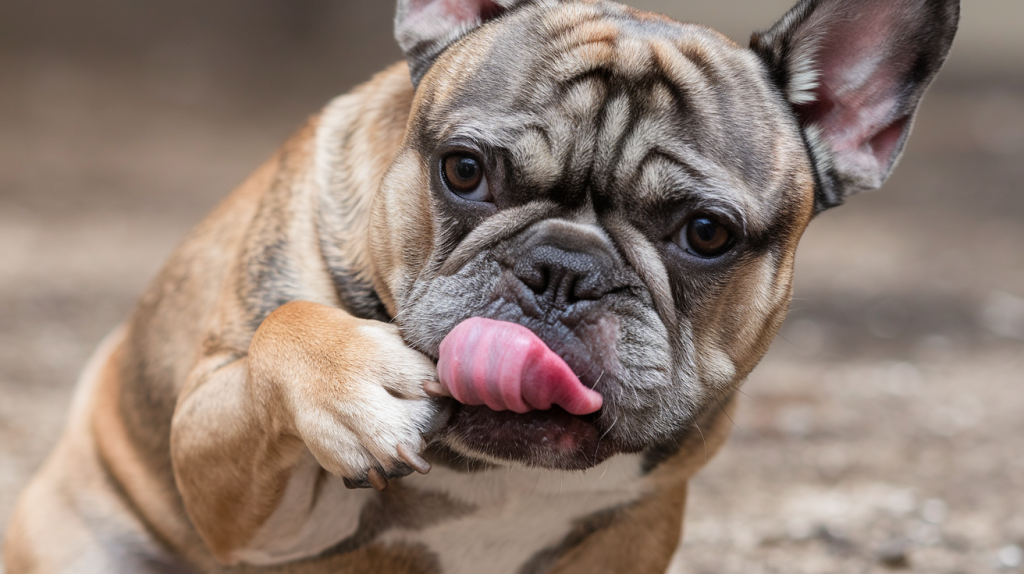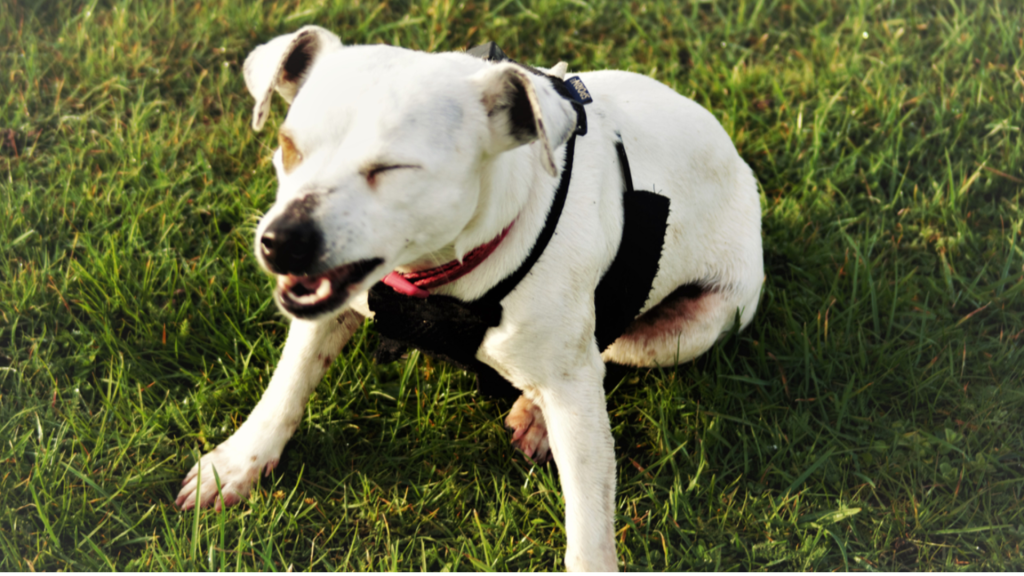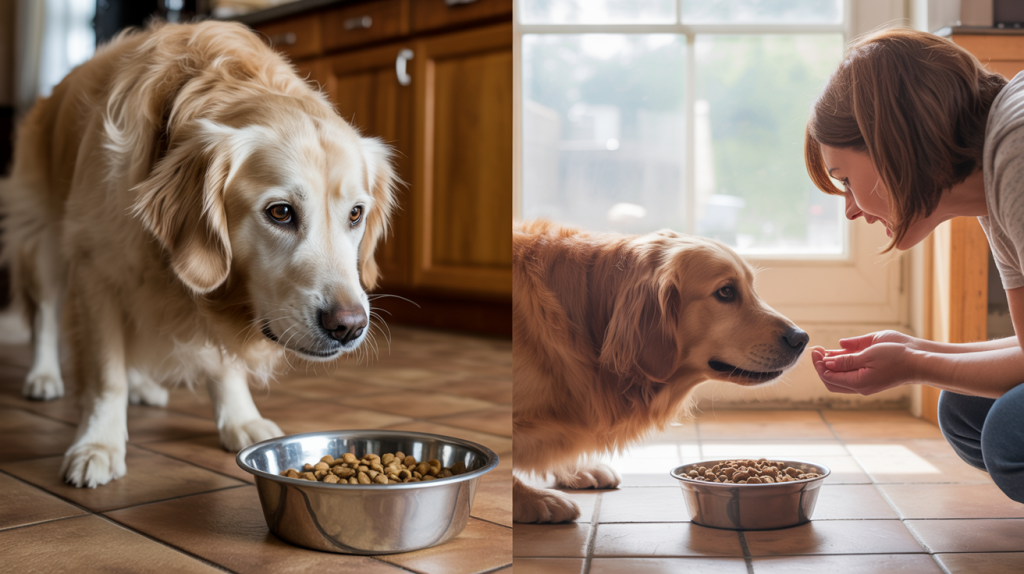You’re not alone in worrying about those strange sounds coming from your Frenchie’s nose. Many owners panic when they hear wheezing, snorting, or heavy breathing from their beloved pup.
The stress of not knowing what’s normal versus what needs a vet visit keeps you up at night. Some breathing sounds are completely normal, while others signal real trouble.
This blog will show you how to tell the difference between harmless Frenchie quirks and serious nose problems that need immediate attention.
Why is Frenchie’s Nose Different?
French Bulldogs have short, flat noses called brachycephalic noses. This gives them their cute look but makes breathing harder than other dog breeds.
The nose has two nostrils at the tip. Around them is a smooth, leather-like surface called the nasal planum. Inside the nose, there are narrow air passages and bony parts called turbinates.
These help filter and warm the air your dog breathes.
So, why is breathing tough for Frenchies?
Frenchies have the same amount of soft tissue as other dogs. But it’s packed into a much smaller space. This crowds their airways. That’s why they snore, snort, and make noisy breathing sounds.
The crowded space makes it hard for air to flow smoothly.
Despite breathing challenges, Frenchie noses contain millions of scent receptors.
Your dog can still smell and explore the world perfectly well. The breathing problems don’t affect their ability to sniff out treats or interesting scents.
Common French Bulldog Nose Problems

French Bulldogs face several nose and breathing issues because of their flat face structure. These problems can seriously affect their health and daily life.
Stenotic Nares (Narrow Nostrils)
Many Frenchies have pinched or narrow nostrils that make breathing hard. This is part of a bigger condition called BOAS (Brachycephalic Obstructive Airway Syndrome).
Watch for noisy breathing, loud snoring, and trouble during exercise. Severe cases need surgery to open the nostrils wider.
Brachycephalic Obstructive Airway Syndrome (BOAS)
BOAS combines several breathing problems at once. It includes narrow nostrils, an extra-long soft palate, and a squeezed windpipe.
Dogs with BOAS struggle with exercise, breathe noisily all the time, and snore heavily. Bad cases make normal activities nearly impossible.
Nose Skin Problems and Discharge
Nasal hyperkeratosis causes the nose to become thick, crusty, and scaly. The nose becomes rough and dry, sometimes cracking or bleeding. Regular moisturizing helps manage this condition.
Allergies, infections, or irritants can cause runny noses. Yellow or green discharge with a bad smell means infection. See a vet right away for colored discharge.
Allergies and Infections
Frenchies can develop allergies to pollen, dust, food, or chemicals. This causes runny noses, sneezing, and itching. Severe allergies can even cause nosebleeds.
Their narrow nasal passages trap bacteria and fungi easily. Sinus infections cause sneezing, discharge, swelling, and noisy breathing. Chronic infections need immediate vet care.
Serious Structural Issues
Some Frenchies are born with cleft palates or develop holes between the mouth and nose. This causes discharge, especially after eating or drinking. Surgery fixes these problems.
Long-term breathing troubles can damage the throat and heart. Severe cases lead to heart failure. Early treatment prevents these dangerous complications.
How to Care for Your Frenchie’s Nose at Home
Maintaining your Frenchie nose health is essential to prevent discomfort and severe respiratory issues. Regular care, awareness of symptoms, and timely veterinary intervention can help keep your Frenchie’s nose in top condition.
- Give your Frenchie plenty of fresh water daily
- Feed a balanced diet with omega-3 fatty acids
- Use dog-specific nose balms for dry or cracked noses
- Never use human moisturizers – they can harm dogs
- Keep humidity levels moderate in your home
- Move your dog away from heaters and radiators
When to Seek Professional Help?
Not all nose issues need emergency vet visits, but some signs require immediate attention. Knowing when to call your vet can prevent minor problems from becoming serious health threats.
Watch for these warning signs that indicate your French Bulldog needs professional care right away.
Persistent or Worsening Symptoms:
If your Frenchie’s nose problems, such as dryness or crusting, do not improve with at-home care or worsen over time, it’s essential to seek professional advice.
Persistent symptoms may indicate an underlying issue that requires veterinary attention.
Signs of Infection or Bleeding:
If your Frenchie experiences swelling, yellow or green discharge, bleeding, or foul odors from the nose, it could signal an infection or a serious health issue.
A vet should address these symptoms to prevent complications.
Breathing Difficulties:
Noisy or labored breathing, especially during exercise, may indicate stenotic nares or Brachycephalic Obstructive Airway Syndrome (BOAS).
If you notice your Frenchie struggling to breathe or becoming easily fatigued, a vet can assess the situation and recommend treatments, including surgery, to improve airflow and overall quality of life.
To Conclude
Caring for your Frenchie’s nose is essential to ensuring their comfort and overall health.
Due to their unique facial structure, French bulldogs are prone to several nasal issues that can affect breathing and quality of life.
By recognizing early signs, such as dryness, noisy breathing, or nasal discharge, you can take timely action through simple at-home care or veterinary intervention.
For serious conditions such as stenotic nares or BOAS, professional diagnosis and treatment are crucial. Staying informed and proactive helps your Frenchie breathe easier, stay active, and enjoy a happier, healthier life by your side.


